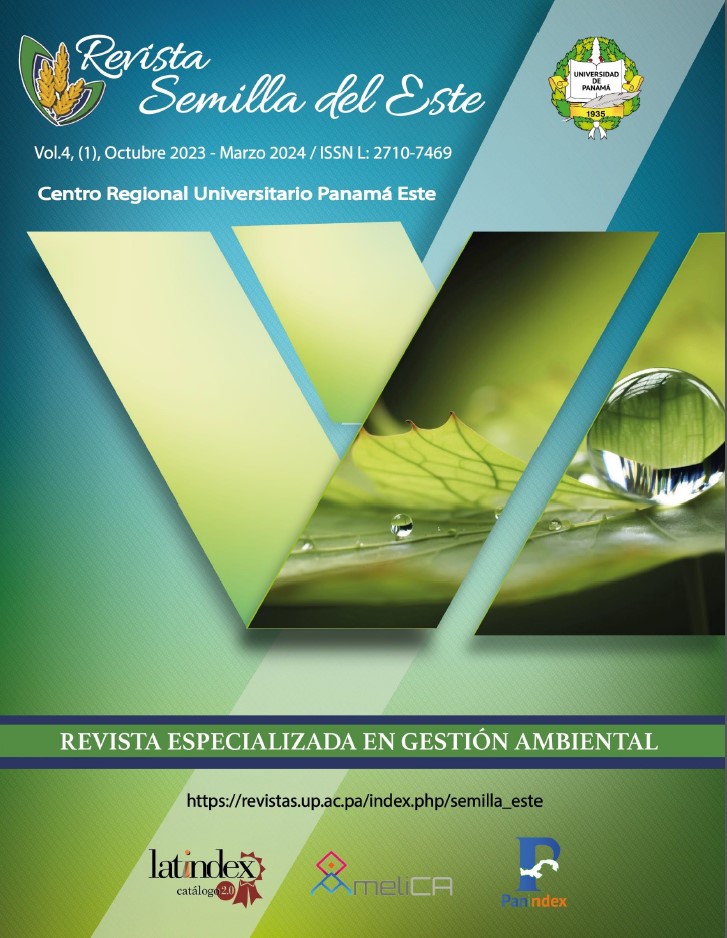


This work is licensed under a Creative Commons Attribution-NonCommercial-ShareAlike 4.0 International License.
Rural tourism integrates nature, culture and the active participation of locals, whose objective is to improve the living conditions of the community (Baroroh, Wahjoedi, Utomo and Lestari, 2021). However, no studies have been found to analyze the potential of agrotourism in the La Colombia Alta site, located in the province of Bolívar, Ecuador. Therefore, the purpose of this case study is to analyze the empirical practices of the main promoter in that locality and to evaluate the impact of agrotourism in the sector; by studying and describing the perception and degree of satisfaction of tourists to identify the priority aspects to improve. This study is mixed, under a descriptive, longitudinal approach. Interviews, surveys and field visits were the main collection instruments. The findings proved that 1. the profile of the main entrepreneurial promoter in the sector coincides with those of other studies. 2. the perception of visitors was positive (91.4%) although the level of satisfaction differed. 3. the level of impact of agrotourism in the sector has a positive incidence (80% of tourists estimate to return and incurrence to date of 3.14 times). Therefore, it is recommended to carry out the continuity of the case, after the application of change actions to improvements based on the suggestions given in this article. The results could have implications in the research field of local agrotourism and its real application for the improvement of the needs of the communities.